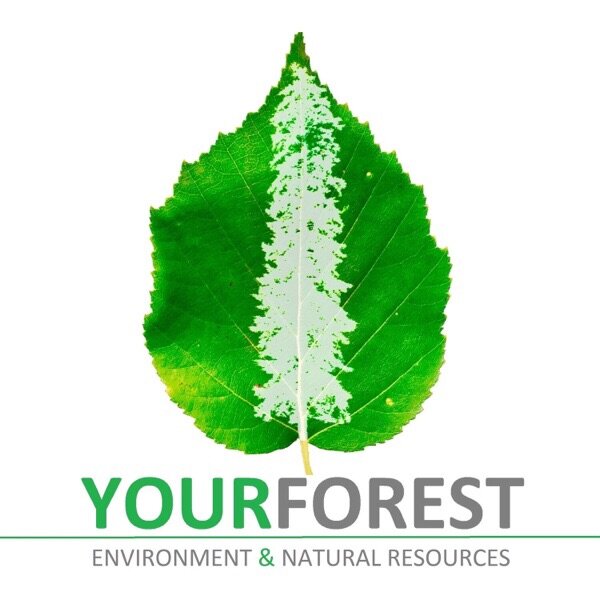Forests provide all kinds of value to our lives, from picturesque views, habitat for animals to the oxygen we breath and much more. Everyone can see the benefits of wild places and natural forests but we often negate the habitat in our back yards. Urban forests play a huge role in our day to day lives that we often don't appreciate. Cleaning the pollution from our air, reducing energy costs through insulating our neighborhoods, reducing the effects of wind and rain, and much more while simultaneously providing that warm and comfortable feeling we all associate with the presence of trees. Crispin is the Parks Manager and Urban Forester for the city of Edmonton. He came on to discuss the role of urban forests in our lives and provide some insight into their value. Cool link below to see the exact value of each tree in Edmonton, from energy savings, oxygen produced, carbon sequestered and much more.
https://www.opentreemap.org/edmonton/map/





















